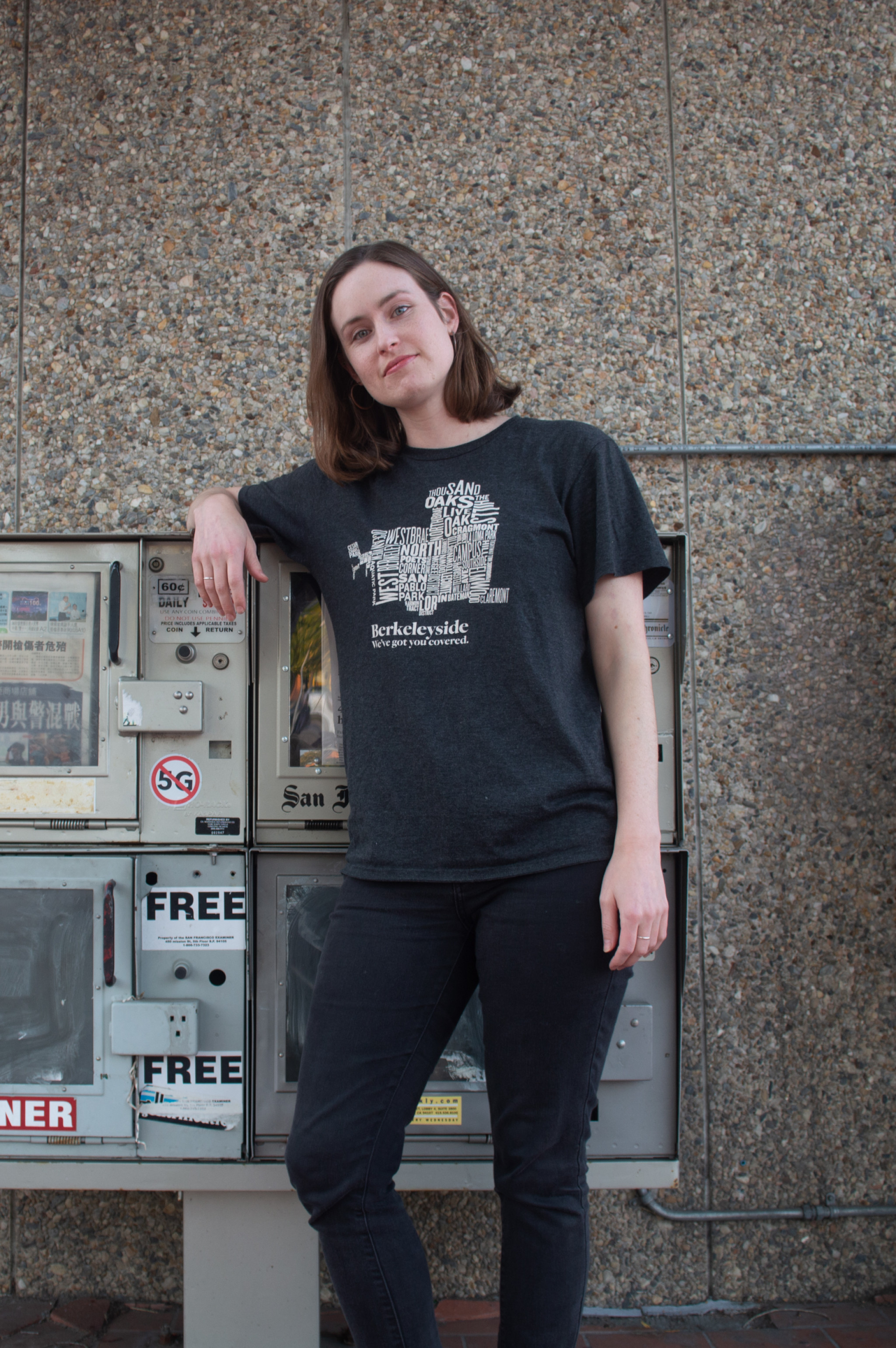“When I realized that it was the 50th anniversary of voluntary integration, it just felt like the perfect occasion to reflect on that whole legacy and try to trace back the positive effects and why it didn’t fix everything,’’ said local journalist Natalie Orenstein about her three-part piece, “Beyond the Buses.”The Society of Professional Journalism in Northern California (SPJ Norcal) released its 2019 Excellence in Journalism Awards this October. Orenstein received the Longform Storytelling award for “Beyond the Buses.” SPJ Norcal especially valued her in-depth analysis and coverage of public school integration in the Berkeley Unified School District (BUSD) through it’s busing system.As a lifelong Berkeley resident and member of the BHS graduating class of 2009, Orenstein discussed why this topic resonated with her. “I think anyone who’s spent some time in Berkeley schools ... has seen that despite the big focus on equity and a lot of people working really hard to support students, there are major racial disparities: both in academic outcomes and in how students experience school,” she said.Comparing the racial makeup in BUSD, between 1968 and now, was a major part of her research. She found it “fascinating to really figure out how it’s changing, and to dig into how that affects students’ experiences of integrated schools.” “White Flight” and “Black Flight” were both results of the developments of the integration, according to Orenstein’s article. “White Flight” was an occurrence of white families who flocked to the district when the BUSD started to diversify its schools. In contrast, “Black Flight” was an event that may have been less voluntary. Due to unaffordable housing and other issues with lifestyle in Berkeley, many Black families sold their property and moved to places like Richmond and Antioch. This is still a relevant phenomenon today. The piece spoke on how when the program started, 39 percent of BUSD’s students were African American, but over the years that percentage has dropped due to all of the difficulties of living in Berkeley.To Orenstein, researching this was one of the most gratifying parts of the process. In order to find answers for her piece, much of her research involved spending time at Berkeley High School (BHS). “I love hearing what current BHS students have to say. You can’t cover education without talking to kids and teenagers — the people who actually experience policy decisions and curriculum on a daily basis,” said Orenstein.In addition, Orenstein studied the impacts of integration by interviewing people who were students in the program when they were children. Orenstein’s involvement in local journalism started young as a member of the BHS Jacket. “The Jacket was my entry into talking to people I never would have talked to, it’s where I honed my writing skills, it’s where I got to explore my curiosity, it’s where I got to eat pizza late at night with my classmates while arguing over a comment,” she reflected.Orenstein considers receiving the award to be an honor. “All the other winners are reporters who I really respect ... it’s also really exciting to see education reporting get attention.” Other nominees in her category included reporters from KQED, NBC Bay Area, and other major news venues.While Orenstein has received lots of acknowledgement for “Beyond the Buses,” she mentioned that the issues covered in her piece are still unsolved and significant now. “Beyond the Buses” addressed complicated questions about how our education system can promote equity and ensure equal access, if schools can really make a difference when our society and neighborhoods are segregated, and why there are still major disparities in Berkeley. “If you’re passionate about journalism, definitely pursue it. I won’t sugar coat it, it’s definitely a challenging industry, but it’s still tons of fun,” Orenstein advised young journalists. She added that there is always room for everyone to grow, herself included, and she is always open to help young writers.
“Beyond the Buses” Article Appreciated Past <em>Berkeleyside</em>

By Ruby Freedman,
November 22nd, 2019




